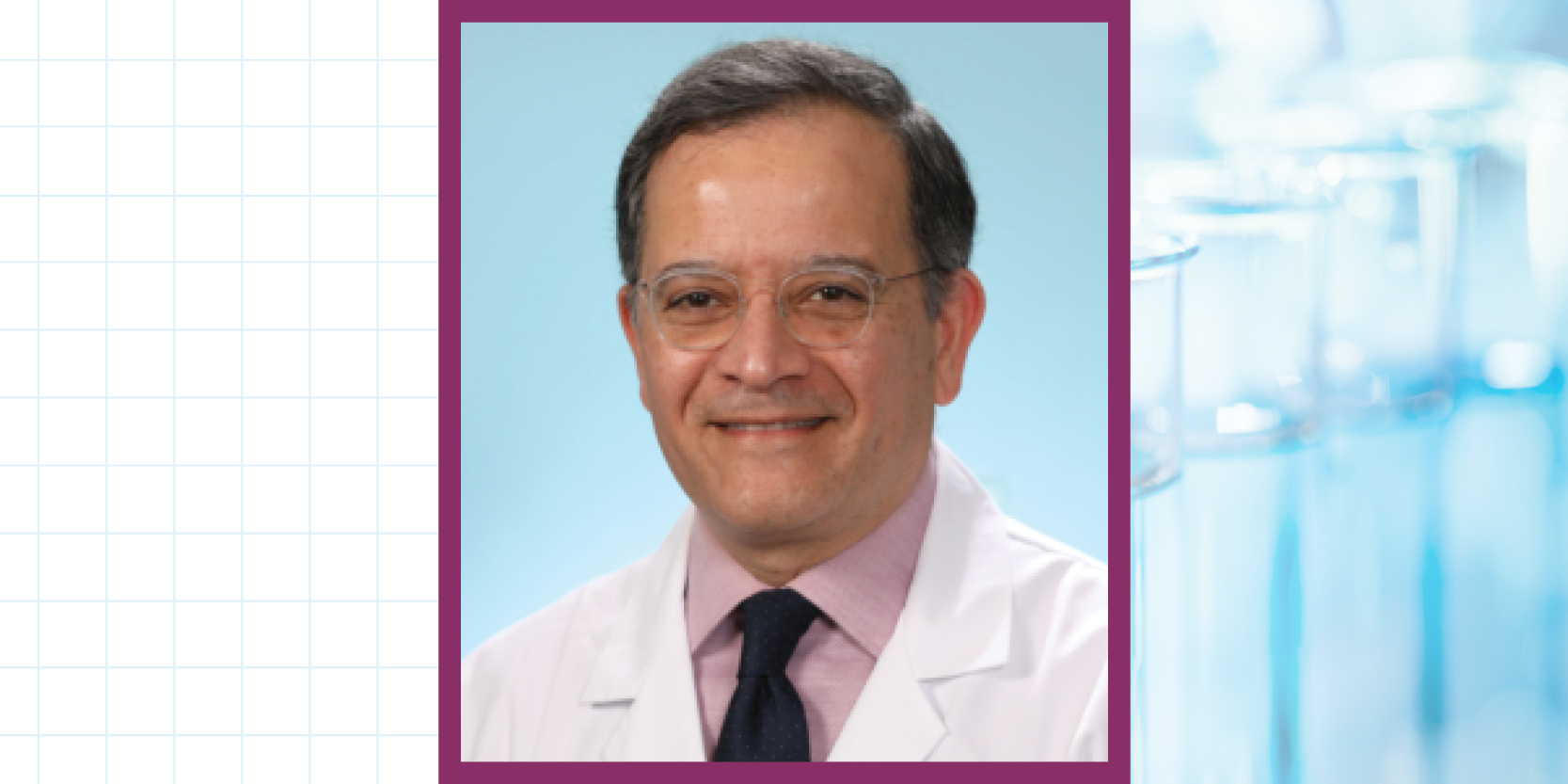

Our 2025 Doheny Distinguished Lecture Series (DLS) February lecture will be delivered by Rajendra Apte, MD, PhD, on Friday, February 7, 2025. Please refer to the lecture details below.
Bio:
Dr. Rajendra Apte is the Paul A. Cibis Distinguished Professor of Ophthalmology and Visual Sciences at Washington University in St. Louis. He is also the Vice Chair for Innovation and Translation and holds professorial roles in the Departments of Developmental Biology and Medicine. His research focuses on the molecular mechanisms underlying retinal diseases such as age-related macular degeneration (AMD), diabetic retinopathy, and retinal vascular diseases. Dr. Apte’s pioneering work has elucidated how immune dysfunction, aging, and lipid metabolism contribute to retinal degeneration, leading to novel therapeutic strategies. His lab has been continuously funded by the NIH, Research to Prevent Blindness (RPB), the Jeffrey T. Fort Innovation Fund, the Siteman Retina Research Fund, and the Starr Foundation, among others. He has authored more than 175 research and review articles, which have been extensively cited.
In addition to his research, Dr. Apte is internationally recognized for his clinical and surgical retinal expertise. His innovations have informed the development of key treatments for AMD and diabetic retinopathy, particularly those targeting VEGF and inflammation. A recipient of numerous accolades, Dr. Apte’s honors include the Roger H. Johnson AMD Award, the Ernst Bárány Prize, the UT Southwestern Wayne Streilein Distinguished Alumnus Award, the Macula Society Richard Green and Young Investigator Awards, the President’s Award from the American Society of Retina Specialists, and multiple RPB awards. An esteemed educator, he has trained many leading retina specialists and is deeply committed to mentoring the next generation of clinician-scientists.
Dr. Apte obtained his medical degree from the University of Bombay, his PhD in Immunology, and completed his residency training at the University of Texas Southwestern Medical Center. He completed his vitreoretinal fellowship at the Wilmer Eye Institute at Johns Hopkins University. He joined the faculty at Washington University in 2003 and became a tenured, distinguished professor in less than 10 years. He has also started multiple biotech companies.